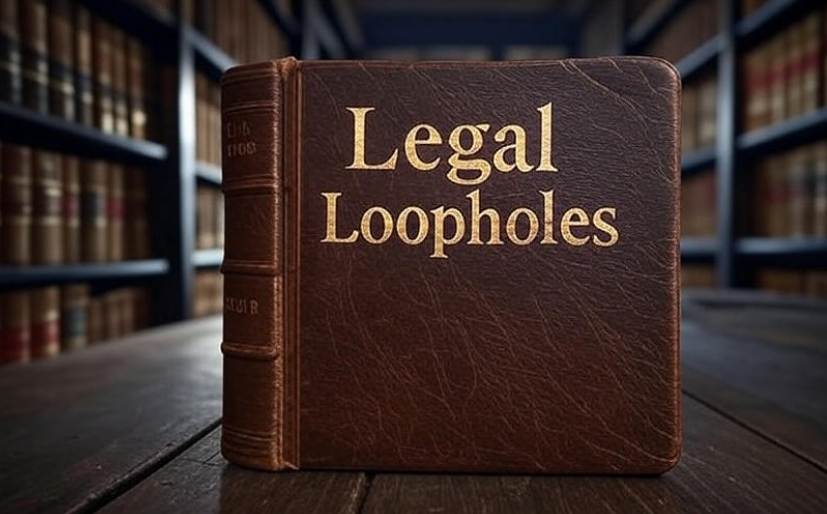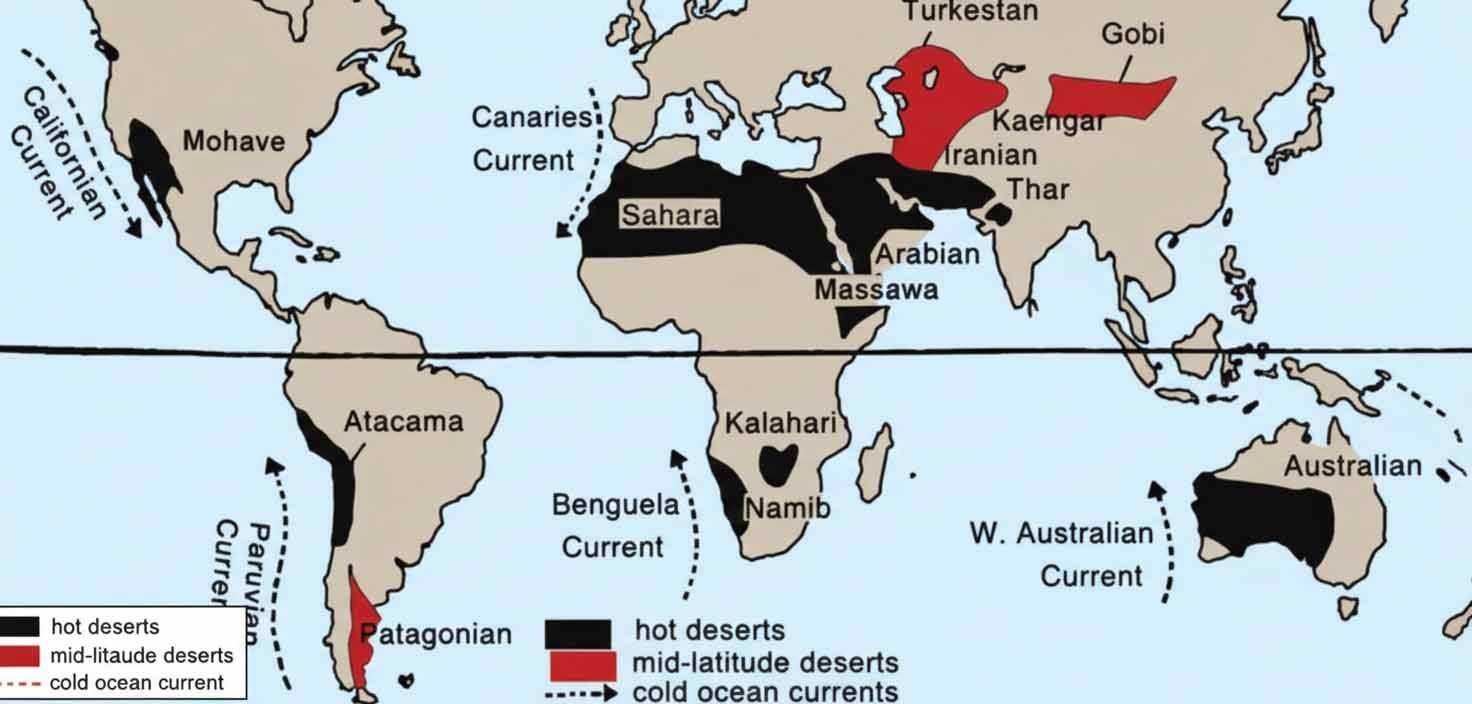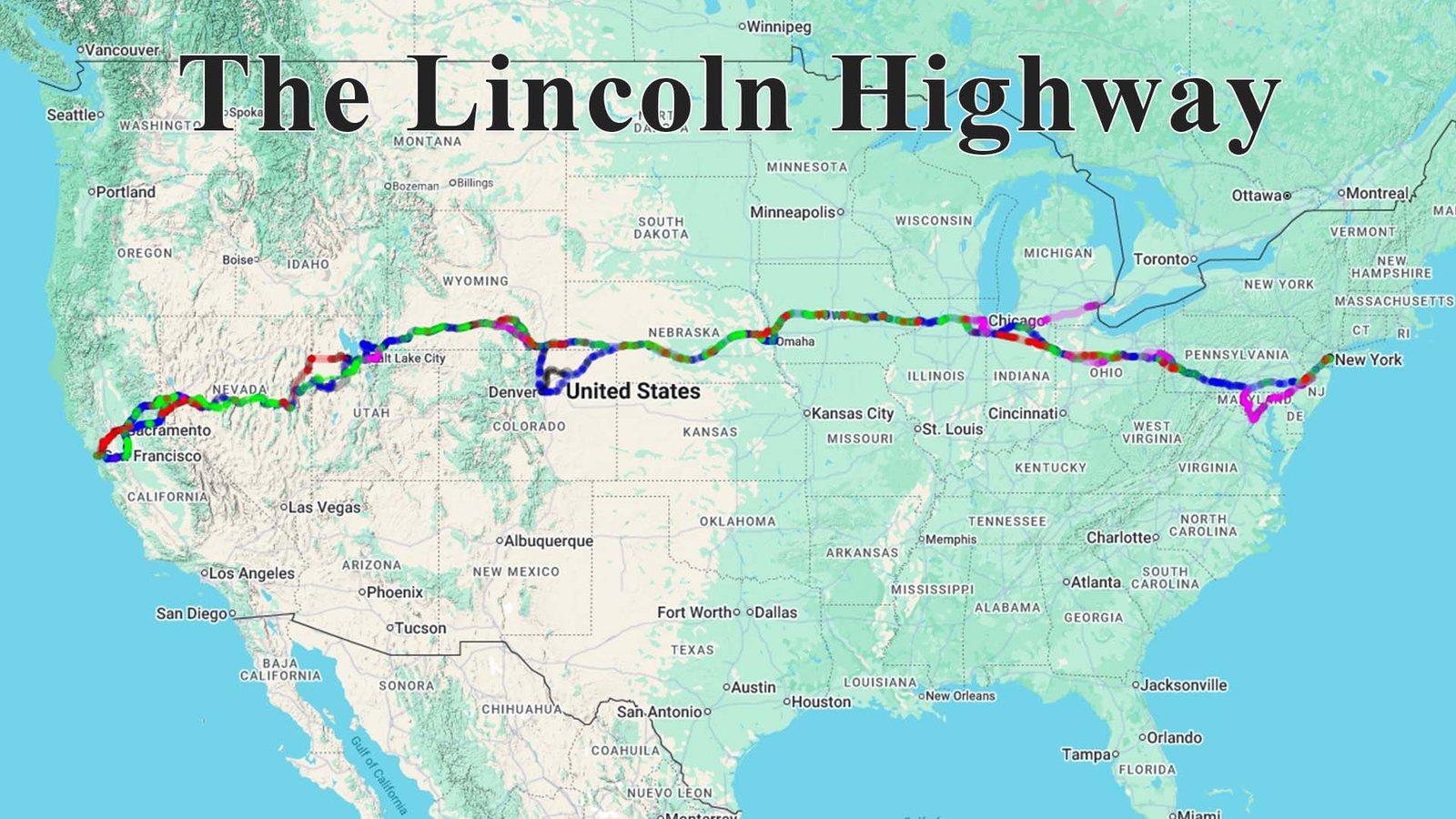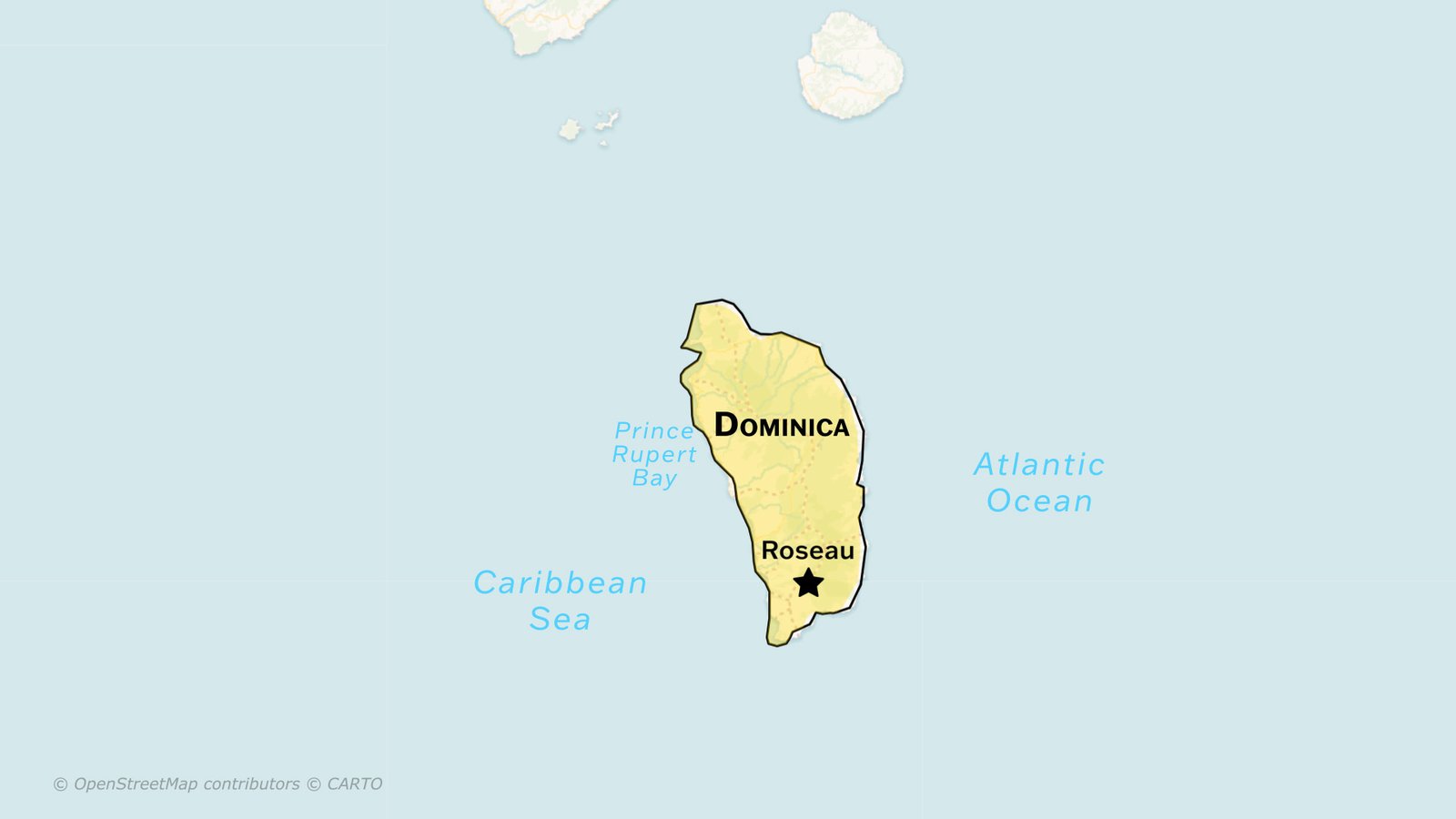When people think about law, they often imagine something strict, fair, and clear. But reality? Not always so neat. Across the world, some loopholes in legal systems are so strange and shocking that they almost sound made up. These gaps in the law have been used by clever people to avoid punishment, earn unfair advantages, or even live outside normal rules. Let’s dive into five surprising examples that will make you rethink how “perfect” legal systems really are.
Loophole 1: The “Stolen Property” Trick in Some U.S. States
You might think stealing is always illegal, right? Well, of course it is. But here’s the twist: in some U.S. states, if stolen goods are recovered but the owner does not claim them within a set period, the property can sometimes legally end up with the police department or even be auctioned off. In certain cases, thieves have argued that once property changes hands through these loopholes, it technically loses its “stolen” label.
This doesn’t mean thieves can just walk free, but there have been cases where charges became complicated because of these odd rules. Imagine losing your bike, it’s stolen, then later auctioned by the police, and suddenly someone else owns it—legally. 🚲 Crazy, right?
Loophole 2: The Maritime “Lawless” Zone Between the U.S. and Canada
There’s a place called the Northwest Angle, a small piece of U.S. land sticking into Canada. Due to boundary errors from the 18th century, this region is incredibly tricky when it comes to law enforcement. For example, there are small parts of Lake of the Woods where it’s nearly impossible to determine which country’s law applies.
People living there sometimes end up in situations where they can cross into Canada without technically going through an official border check. While not exactly a free pass to break the law, the loophole has been misused in the past for smuggling goods or bypassing taxes.
Loophole 3: Tax-Free Alcohol and Cigarettes in International Waters
Here’s something most travelers love but rarely think about: duty-free shops on ships and airplanes. Technically, once you leave national waters and enter international seas, normal taxes don’t apply. That’s why you can buy alcohol, perfume, or cigarettes for half the price.
But here’s the darker side—some businesses exploit this by intentionally running “booze cruises,” where ships sail out just far enough to count as international, sell products tax-free, and then return. Governments lose billions in potential revenue, but legally, nothing much can be done. 🚢🍷
Loophole 4: The “Missing Body, No Crime” Argument
In some parts of the world, legal systems make it very difficult to prosecute a murder case if a body has never been found. Now, most modern courts accept circumstantial evidence, but historically, many suspects literally walked free because prosecutors couldn’t present a body.
There have even been chilling cases where killers admitted the crime later, but at the time of trial, they had escaped punishment simply because “no body = no case.” This loophole highlights just how tricky law can get when strict evidence rules clash with reality.
You may also like: 12 Strangest Places on Earth You Won’t Believe Exist
Loophole 5: Diplomatic Immunity—A Free Pass Abroad
We’ve all heard the term “diplomatic immunity,” but do you know how powerful it really is? Under international law, diplomats from foreign countries cannot usually be prosecuted by the host nation. That means if a diplomat commits even a serious crime—like drunk driving or worse—the local courts may have no authority to charge them.
Of course, their home country can recall or punish them, but history shows many diplomats walked away untouched. Some even used this loophole for things like unpaid parking tickets in New York City, costing millions in lost fines. Imagine breaking the law and simply flashing a passport to walk away. Unreal. 🛂
Quick Table: Examples of Loopholes Around the World
| Loophole | Country/Region | Real-World Impact |
|---|---|---|
| Stolen property rules | U.S. states | Complicates theft cases |
| Maritime “lawless” zones | U.S.-Canada border | Smuggling & tax avoidance |
| Duty-free loophole | International waters | Billions lost in taxes |
| No body, no crime | Global (historically stronger) | Murderers escaping justice |
| Diplomatic immunity | Worldwide | Crimes without local punishment |

Why do these loopholes exist?
Most loopholes aren’t intentional. They come from outdated laws, political compromises, or simple oversights. The problem is, once people discover them, they can be abused until new laws are created. But as history shows, fixing loopholes is often slow—law always chases after reality, never the other way around.
FAQs
Q1: Can regular people really use these loopholes?
Not easily. Most are either too risky, too complex, or already under heavy watch. Still, some (like duty-free shopping) are perfectly legal for everyday people.
Q2: Are loopholes the same as breaking the law?
Not exactly. A loophole means someone is technically following the written law but going against the spirit of it. Think of it as playing with the rules instead of outright breaking them.
Q3: Why don’t governments just fix them quickly?
Because changing laws takes time, debate, and sometimes international agreements. By the time one loophole is closed, another often appears.
Q4: Which loophole is the most dangerous?
Diplomatic immunity is often considered the most dangerous since it can let serious crimes go unpunished.
Q5: Are there loopholes in every country?
Yes. No legal system is perfect. Wherever there are laws, there are ways people try to twist them.
Final Thoughts
The law is supposed to protect people and bring fairness. But as these shocking loopholes show, it’s far from perfect. Whether it’s smugglers using border quirks, criminals hiding behind technicalities, or diplomats skipping justice, loopholes prove one thing: words on paper can never fully control human behavior. And maybe that’s the most shocking truth of all.







